Contents
Surgery can be elective or pre-planned, or it can be an emergency situation. How your body reacts to the surgery and ensuing healing process can make a difference in your recovery. That is why research is exploring the question – can HGH help recovery from surgery.
Even the smallest of surgical procedures require some form of healing. Laparoscopy reduces healing time by utilizing a fiber-optic instrument inserted through a tiny cut to view and perform many surgeries today. However, even a small incision can still take time to heal, and there is always a risk of infection.
When we talk about HGH and surgery recovery, there are many aspects of human growth hormone that are beneficial:
- HGH stimulates cell regeneration to provide new cells to heal the injured site
- HGH can speed muscle and bone repair
- Human growth hormone stimulates the immune system to fight off infectious invaders
- HGH can help the body become stronger before surgery to shorten recovery time
Be forewarned that HGH surgery recovery does not always occur. Trusted sourceHGH after surgeryHarvard Health PublishingGo to sourceOne study of over 400 individuals with broken tibias (shin bones) showed that HGH only enhanced healing for those with closed fractures. A closed fracture is one that does not break the skin. Those patients who had open fractures did not experience accelerated healing. While that is only one study, it does shed light on how HGH can be beneficial for some surgical recoveries but not for others.
How Does HGH Help the Body Recover from Surgery and Injuries?

One area where doctors use HGH to speed the healing process is with burn victims. When recovering from severe burns, the body can enter a hypermetabolic state that tears down tissue and muscle. HGH use can promote anabolic processes that build up the muscle and tissue while reversing catabolic processes that destroy tissue.
How can HGH help recovery from surgery that is unplanned?
Whether the surgery is planned or unexpected, HGH helps heal the injured area in many ways:
- Through its stimulation of cell reproduction, HGH increases collagen levels. Collagen makes up a significant portion of connective tissue that helps heal fractures or tears.
- HGH also rushes blood cells to the surgical site to form a clot. White blood cells rush to the area to fight off infectious germs and bacteria.
- If the surgery was to repair bones, osteoclasts (cells that break down bone) start to dissolve the damaged bone. Then osteoblasts (new bone cells) and chondroblasts (cartilage cells) begin the rebuilding process. HGH increases cell production to support these functions.
- Human growth hormone helps to support and strengthen the immune system, making your body better able to resist infection.
- HGH improves tissue recovery so that the surgical area responds quicker to healing.
What Studies Are Examining HGH and Surgical Recovery?
An early study on the use of HGH for surgical recovery was reported in 1999 when 24 young patients who underwent ileoanal J-pouch surgery for ulcerative colitis received either HGH or a placebo before and after their operation. The randomized study consisted of 12 IU of HGH per day for two days before the surgery and seven days post-op. The purpose of the study was to test recovery time, muscle strength, and postoperative fatigue.
The results of the study are as follows:
- 10 days post-op: Four-limb muscle group strength reduced by 17.1% in those receiving a placebo but only 7.6% in those who received HGH therapy.
- 90 days post-op: Individuals who received the placebo were still at a 5.9% deficit in muscle strength compared to a return to baseline values for those who received the HGH.
- Both 30 and 90 days post-op: Individuals in the HGH group reported less fatigue than the placebo patients.
- 90 days post-op: HGH patients regained more lost lean tissue mass than those receiving the placebo.
A study published in 2004 looked at the effects of HGH following hepatectomy in patients with hepatocellular carcinoma with liver cirrhosis. The randomized study showed that human growth hormone could improve liver regeneration and protein synthesis following the surgery.
Perhaps the most important study looking at can HGH help recovery from surgery is the one at the University of Michigan. With funding provided by Mark Cuban, owner of the Dallas Mavericks, the two-year study scheduled for completion the end of 2017 looked at the use of HGH for healing following ACL surgery. We are still awaiting the outcome of results from the study.
Benefits of HGH for Healing and Recovery After Surgery
Although the use of HGH for surgery recovery is not yet mainstream in modern medicine, there is hope that future studies will continue to prove its benefits. Human growth hormone has amazing healing properties for the body:
- By improving cell regeneration crucial for tissue repair, HGH can speed up the healing process.
- The use of HGH after surgery helps to strengthen the immune system to reduce the risk of infection.
- HGH increases the supply of collagen that aids in tissue repair.
If you are facing surgery, do your research and ask your doctor can HGH help recovery from surgery in your situation. Do not hesitate to contact our hormone clinic with any questions you might have. Consultations are confidential and provided at no charge.
- Medicine at Michigan
- Richard Hodin, M.D.Massachusetts General Hospital
- J. Burns Wounds
- Ned Amendola MD.
- Andrew A. Jacono
- Dr. Garth Fisher
- William F. Young Jr., MD,
MedSport Studies HGH for ACL Repair
The Role of Anabolic Hormones for Wound Healing in Catabolic States
Dr. Amendola is the director of the University of Iowa Sports Medicine Center in Iowa City. He has published several articles in professional journals, including the Clinical Journal of Sports Medicine. Dr. Amendola has been elected to the board of the American Orthopaedic Society for sports medicine and serves on the executive board of the International Society of Knee Arthroscopy.
Andrew A. Jacono, M.D., FACS is an American Plastic Surgeon and creator of the M.A.D.E. facelift, a minimally invasive hybrid facelift.
Garth Fisher, M.D., is a world-renowned Plastic Surgeon with over 20 years of experience, who is board-certified by the American Board of Plastic Surgery. He is one of the most widely known and altogether best plastic surgeons in the US.
William F. Young, Jr., M.D., is the Tyson Family Endocrinology Clinical Professor and Professor of Medicine in the Mayo Clinic College of Medicine at Mayo Clinic in Rochester, Minnesota, USA.

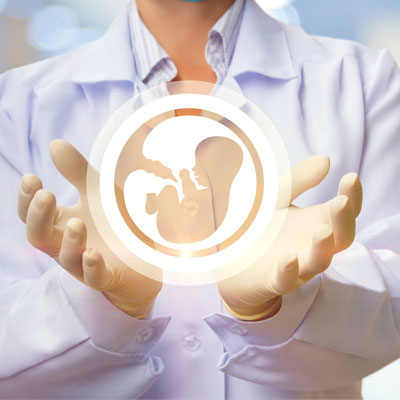
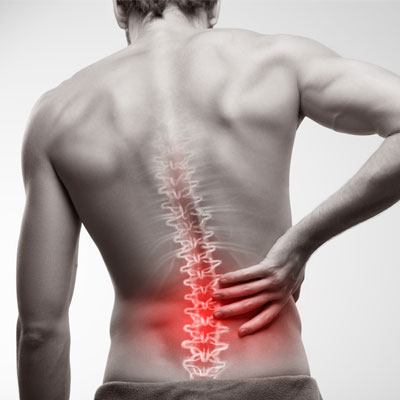



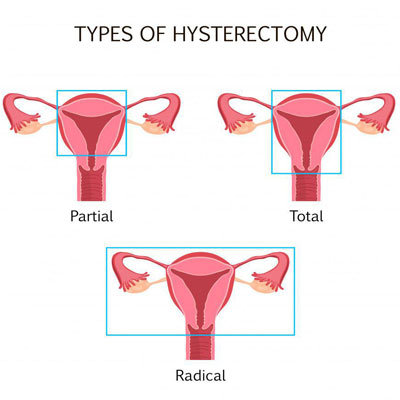
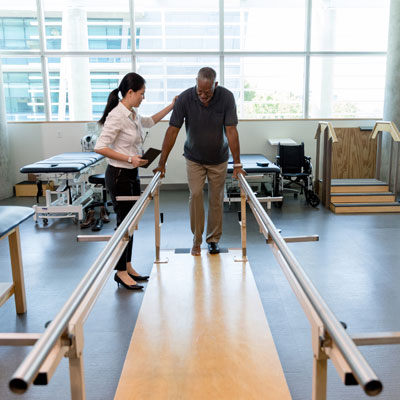
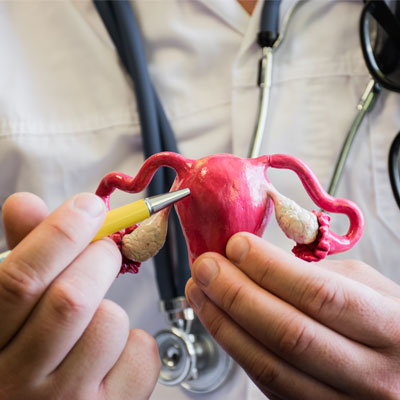
2 comments
janet kolesnikow
February 12, 2020 at 12:39 am
I am an 80 year old female that is scheduled for hip re-do surgery on Feb. 25 in Los Angeles, CA. I am terrified of the pain of this surgery. Can HGH be used to reduce Pain?
Vito
June 13, 2020 at 5:19 pm
Hello. I am a 35 year old active male. I am undergoing acl surgery June 24th if this year. My question is Will hgh help me recover faster from my acl surgery.
Comments are closed.